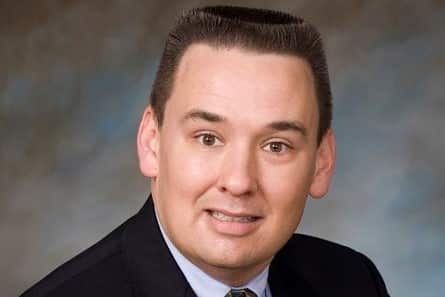Dr. Greg Hodges brings 20 years of higher education experience to his role as a leadership coach with Achieving the Dream. He currently serves as the fourth president of Patrick & Henry Community College (P&HCC) in Martinsville, Virginia, after having served for four years as the institution’s vice president of academic and student success services. As the 2015 Leah Meyer Austin award winner, Patrick & Henry is one of the original 26 ATD Network colleges, and Dr. Hodges has been involved with this work since its inception. He loves to share that his college “was part of ATD before ATD became cool.”
Dr. Hodges began his career at P&HCC as an adjunct and later full-time professor in the field of early childhood education. Prior to transitioning to higher education, Dr. Hodges served for 12 years as an elementary school teacher. He has traveled to more than 70 community colleges and trained thousands of faculty members and administrators throughout the country facilitating workshops on cooperative learning, guided pathways, critical thinking, developmental education reform, and the national student success agenda.
Education
Ph.D. (Educational Leadership and Administration for Higher Education) | Trident University
M.A. (Educational Leadership and Supervision) | University of Phoenix
M.A. (Biblical Studies) | Bethany Theological Seminary
B.A. (Education and Theatre & Speech) | The College of William and Mary
Past Experience
Vice President of Academic & Student Success Services | Patrick & Henry Community College, Martinsville, Virginia
Vice President of Institutional Advancement, Effectiveness, and Campus Life | Patrick & Henry Community College, Martinsville, Virginia
Dean of Academic Success and College Transfer | Patrick & Henry Community College, Martinsville, Virginia
Early Childhood Education Faculty | Patrick & Henry Community College, Martinsville, Virginia
How has education changed your life/your family?
My father grew up on a farm as the next-to-youngest of 21 children while my mother grew up in the coal fields of Appalachia. Thankfully, both realized that the way to break the generational poverty that gripped their family was through education. Now, I take great pleasure in sharing the transformative power of higher education, especially for those communities who have been marginalized and underserved. I believe that everything we do in the community college world is workforce development, and our mission is singular — lifting students and their families out of poverty.
